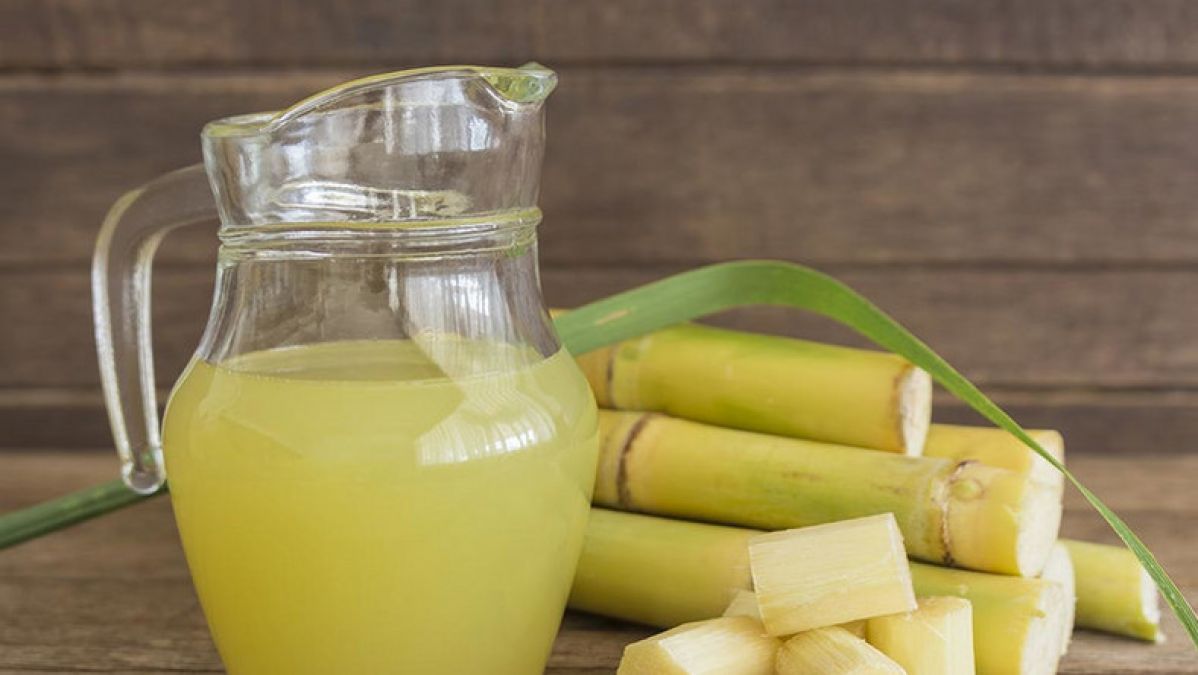
Sugarcane Juice with Diabetes Management- Diabetes management often involves meticulous attention to dietary choices, with an emphasis on regulating sugar intake. Sugarcane juice, a popular beverage in many parts of the world, raises questions regarding its suitability for individuals with diabetes. In this article, we delve into the nutritional aspects of sugarcane juice and its potential impact on blood sugar levels for diabetic patients.
Understanding Sugarcane Juice:
Sugarcane juice is extracted from the stalks of the sugarcane plant, offering a refreshing and naturally sweet beverage. Rich in essential nutrients such as antioxidants, vitamins C and B, calcium, and magnesium, sugarcane juice boasts various health benefits. However, its primary component is sucrose, a form of sugar, which prompts concerns among diabetic individuals regarding its consumption.
Impact on Blood Sugar Levels:
The presence of sucrose in sugarcane juice implies that it can elevate blood sugar levels. For diabetic patients, maintaining stable blood glucose levels is crucial to prevent complications. Therefore, consuming sugarcane juice in excessive amounts or without proper consideration can potentially disrupt glycemic control.
Glycemic Index (GI) of Sugarcane Juice:
The glycemic index (GI) measures how quickly a particular food raises blood sugar levels after consumption. Foods with a high GI value cause rapid spikes in blood glucose, while those with a low GI value lead to gradual and steady increases. Sugarcane juice typically has a high GI, indicating its potential to cause abrupt fluctuations in blood sugar levels.
Portion Control and Moderation:
Despite its high sugar content, diabetic individuals can enjoy sugarcane juice in moderation. The key lies in portion control and mindful consumption. Opting for smaller servings and diluting the juice with water can help mitigate its impact on blood sugar levels. Additionally, pairing sugarcane juice with foods high in fiber and protein can further slow down the absorption of sugars, promoting better glycemic control.
Consultation with Healthcare Professionals:
Before incorporating sugarcane juice into their diet, diabetic patients should consult with their healthcare provider or a registered dietitian. These professionals can offer personalized guidance tailored to individual health needs and blood sugar management goals. They can also provide insights into how sugarcane juice fits into a balanced meal plan, ensuring optimal diabetes control without compromising nutritional intake.
Alternatives and Substitutions:
For diabetic individuals seeking alternatives to sugarcane juice, various options are available. Freshly squeezed vegetable juices, such as cucumber or bitter gourd juice, offer refreshing alternatives with lower sugar content. Additionally, flavored water infused with herbs or citrus fruits provides hydration without added sugars.
Diabetic patients can incorporate sugarcane juice into their diet in moderation, considering its impact on blood sugar levels and overall nutritional value. By practicing portion control, moderation, and seeking guidance from healthcare professionals, individuals can enjoy the refreshing taste of sugarcane juice while maintaining optimal diabetes management. However, it's essential to remember that dietary choices should align with individual health goals and preferences, ensuring a balanced and sustainable approach to managing diabetes.